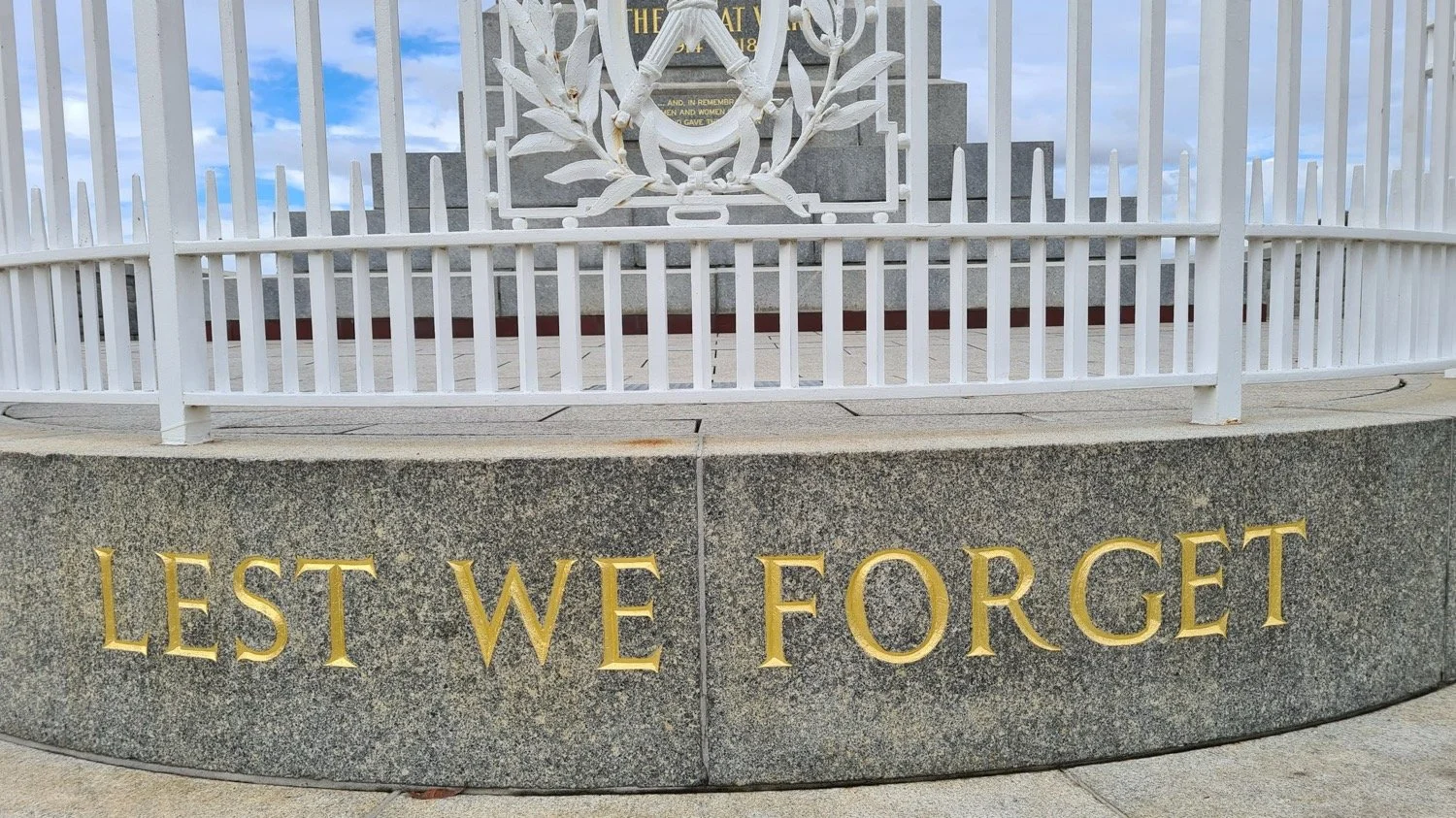Readings for today: 2 Kings 23:31-25:30, Acts 22:17-23:10, Psalms 2, Proverbs 18:13
“Now therefore, O kings, be wise; be warned, O rulers of the earth. Serve the Lord with fear, and rejoice with trembling. Kiss the Son, lest he be angry, and you perish in the way, for his wrath is quickly kindled. Blessed are all who take refuge in him.” (Psalms 2:10-12)
Today is the 4th of July. Many of us will be celebrating with friends and family and great food. Meme’s will be shared all over social media thanking God for our country and the men and women who’ve given their lives to serve and protect the values we hold dear. The night sky will light up with “rockets red glare and bombs bursting in mid-air.” Our hearts will fill with pride and joy and patriotism as we commemorate the national day of Independence in the United States.
At the same time, we need to be honest with ourselves. We should endeavor to celebrate our nation’s history with eyes wide open. As we rightfully honor the men and women who’ve served in uniform, we should also honor those men and women who staged sit-ins and refused to move to the back of the bus. As we remember those who paid the ultimate price defending our freedoms, we should lament those who paid a similar price on our southern border seeking the dream of a better life for their children. As we remember those patriots who forged this nation, we should take time to listen to those they displaced for these were not virgin shores we landed on all those years ago.
Today’s reading provides a warning to those with ears to hear. Kings and rulers, presidents and politicians ignore God at their own peril and endanger the nations they lead. God calls us to wisdom and the beginning of wisdom is the “fear of the Lord” according to Scripture. If God will not spare His own people, why do we think He will spare us? If God will send Assyria and Babylon to execute His judgment on Israel, why do we think we are exempt? If God will raze the very Temple where He dwelled to the ground and destroy the city that bears His name, why do we think singing “God bless America” will protect us?
Our future as a nation rests in God’s hands. He alone is the arbiter of our fate. Any nation that claims His blessing must walk in His ways. Any nation that claims His protection must submit to His will. Any nation that claims a Christian heritage must demonstrate it in the way they live, the way they love, and the way they serve.
Friends, we have reached a critical point in history. We have given into the politics of hate and fear. We have turned difference into division. Our fellow citizens have become our mortal enemies. We are being torn apart from within. The only hope we have is to repent. Repent of our arrogance and pride. Repent of our selfishness and greed. Repent of our privilege and prejudice. We must repent and return to the Lord with our whole hearts. We must acknowledge that our greatness as a nation is a byproduct of our faithfulness to Christ. It is only as we lose our lives as a nation for Christ’s sake that we will find Him granting us an abundant life full of joy and peace. It is only as we give all we have as a nation in service to Him that we will find riches beyond measure. It is only as we lay our lives down as a nation for the most vulnerable in our world that we will once again find God shedding His grace on us and making America truly great. This is the call of the gospel and it as much a mandate for nations as it is for individuals.
My prayer today is that we will be wise as a nation. We will take heed of God’s warning. We will lay aside the hate. Lay aside the lust for power. Lay aside the need for control. Instead, may we serve the Lord with fear. Rejoice with trembling over all He has done. I pray for our leadership from the President to the members of Congress to the Supreme Court justices. From governors to state legislators to local mayors and town councils. May they embrace Jesus. May they kiss the Son before it’s too late. May they seek refuge in Him, have the courage to walk by faith, and the humility to be led in paths of righteousness for His Name’s sake. To whom much is given, much is expected. May our nation strive to be the “city on a hill” and a “light to the nations” so that our world will be blessed!
Readings for tomorrow: 1 Chronicles 1:1-2:17, Acts 23:11-35, Psalms 3, Proverbs 18:14-15




